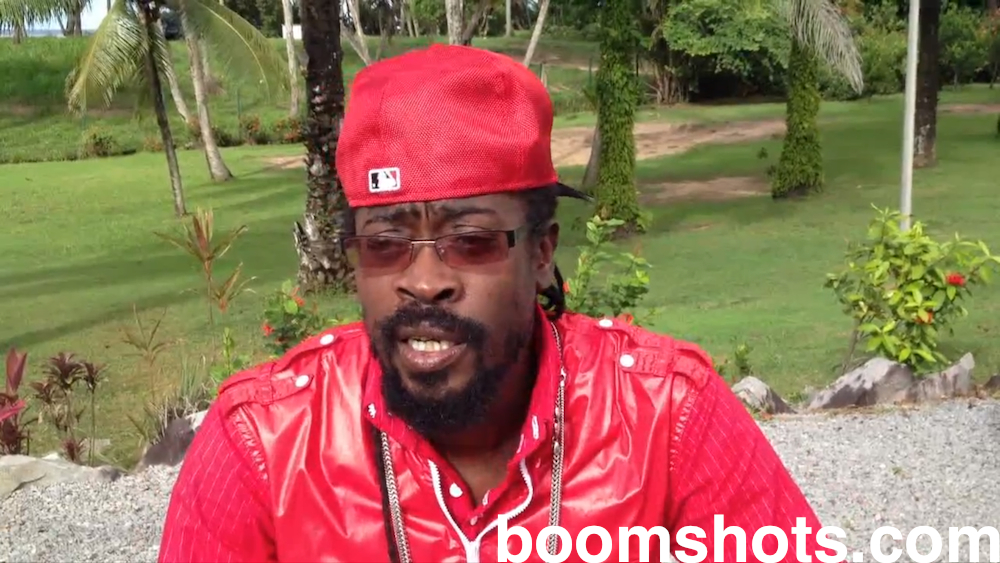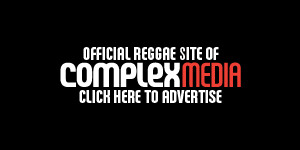Beenie Man Is Not The First Reggae Star To Reach Out To Gay Listeners—And He Won’t Be The Last

Late last week, Beenie Man made headlines around the world by releasing a statement on YouTube that was billed as a “video statement” but has been universally described as an “apology.” Listen keenly and see if you hear the word “sorry” or “apologize”… Beenie Man Video Statement
Beenie’s statement is really more of a clarification: “Let me make this clear and straight,” he says [interesting word choice]. “I have nothing against no one. I respect each and every human being, regardless of which race or creed, regardless of which religious belief you believe in, and regardless of which sexual preference you have—including gay and lesbian people. I respect all human beings… Do not fight against me for some song that I sing 20 years ago.”
OK so why is this such big news? In fairness, Beenie has been saying things like this in interviews for years (although that 20 year figure may be a bit off). So it’s no coincidence that he took the message to YouTube just as the summer music festival season is warming up. Like many other dancehall stars, Beenie has seen overseas gigs canceleddue to protests sparked by his more homophobic lyrics. But it’s not clear that this latest chess move announcement will prevent the King of the Dancehall from becoming the target of protests in the future.
Meanwhile lots of Beenie’s longtime fans—not to mention his dancehall rivals—are sure to give him hell for it. (Remember the uproar when he and Chevelle Franklin went on VH1’s RuPaul Show to promote their movie soundtrack cut “Dancehall Queen”?) The Jamaica Observer recently posted the following response on its YouTube Channel, suggesting that “the streets” may not be feeling Beenie Man’s announcement:
Jay-Z recently applauded President Obama’s statement in support of gay marriage, and more and more American hip-hop artists are standing up for gay rights. Meanwhile dancehall artists tend to have vastly different attitudes. For 20 years now, the controversy over songs like “Boom Bye Bye” has damaged this great genre’s overseas profile. Such offensive lyrics reflect deeply held beliefs that are reinforced by the Jamaican clergy and even government leaders who play on popular homophobia at election time. Some Caribbean pundits have framed the issue in terms of “national identity” and “cultural imperialism”—applauding Jamaican artists for refusing to “bow down” to Western morals. These realities make it that much harder for reggae and dancehall stars to take any sort of stand that even appears to be supportive of gay rights. Still many have tried to walk that line.
In 2009 Buju Banton met with an LGBT group in San Francisco. His show in that city went on as scheduled but was disrupted by a pepper spray attack in the venue.
In 2007 several dancehall artists signed the “Reggae Compassionate Act” but were later accused of going back on their word by performing homophobic tunes back home in Jamaica.
Way back in 2004 Vybz Kartel said he would not record any more anti-gay lyrics, although he has bigger problems at the moment.
One of the few reggae/dancehall artists to take an explicity anti-homophobia position in their music was Tanya Stephens with her 2006 release “Do You Still Care?” That was six years ago, but apparently many still do.


